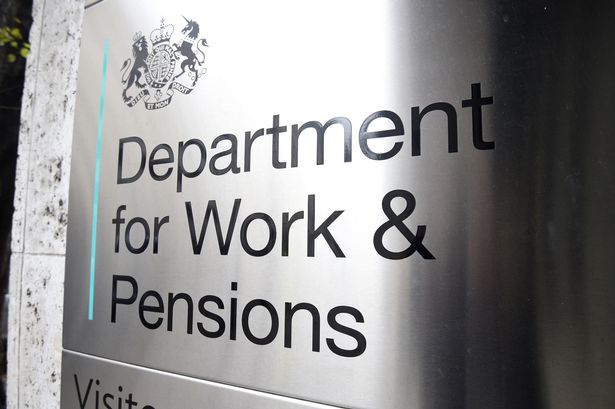The UK Government has officially confirmed that new eligibility verification measures aimed at tackling benefit fraud will come into effect from 2026.
The initiative, spearheaded by the Department for Work and Pensions (DWP), introduces a more rigorous system of monitoring welfare claimants through data sharing agreements with banks—a move that has sparked both support and concern among stakeholders.
What Is the Eligibility Verification Measure?
Under the new plan, banks will be required to share limited data with the DWP regarding benefit claimants’ financial information—primarily focusing on savings thresholds and account activity that may indicate ineligibility.
This is part of the Data Protection and Digital Information Bill, which empowers the government to receive relevant financial information without requiring court orders or individual consent in certain cases where fraud prevention is a priority.

While this has been described by critics as a “surveillance-style” tactic, the DWP has emphasized that the measures are targeted and will not grant full access to an individual’s bank account.
Instead, only flags or alerts will be generated if someone appears to be holding savings above the £16,000 limit—making them ineligible for Universal Credit or other income-based benefits.
Why Is This Happening?
Benefit fraud in the UK cost taxpayers an estimated £6.4 billion in 2022-2023, according to DWP data. The government says these new verification tools are essential to clamp down on misuse of public funds, ensuring that support reaches only those who genuinely qualify.
Work and Pensions Secretary Mel Stride described the changes as “a fair and proportionate response” to the increasing complexity of welfare fraud cases, some of which involve organised criminal groups.
What Information Will Be Shared?
The scheme mandates that banks provide data such as:
- Account balances above the £16,000 threshold.
- Multiple active accounts potentially used to hide wealth.
- Large, unexplained transactions or savings growth.
This data will trigger alerts for further review, but will not lead to automatic sanctions. If a claimant is flagged, DWP officers will then begin a formal investigation before taking action.
The government insists this system is designed to be minimally invasive, only targeting claimants who pose a high risk of non-compliance or fraud.
Privacy and Safeguards
The DWP has promised strict staff training, internal audits, and the introduction of a new oversight body to monitor the use of these powers. Officials stressed that no one will be penalized solely on algorithmic findings or automated flags.
Still, civil liberties organizations, including Big Brother Watch, argue that these powers set a dangerous precedent. Critics say the measures could eventually be used to justify more invasive forms of surveillance, potentially affecting innocent claimants, landlords, or even people sharing accounts.
Concerns Over Scope and Transparency
A report by The Independent raised concerns that the new law lacks sufficient transparency, especially since it allows bulk data access rather than targeting individuals based on suspicion.
Shadow ministers have also demanded further parliamentary scrutiny, citing the potential for misuse and the need to balance fraud prevention with civil rights.

What Happens Next?
The new powers will not come into force until early 2026, giving stakeholders time to adapt and for legal frameworks to be finalized. In the meantime, the DWP will roll out public awareness campaigns and consultations with banks and privacy watchdogs.
For benefit claimants, the key takeaway is this: ensure your savings and financial data are up to date and compliant with DWP regulations. Those with more than £6,000 in savings may already be subject to reduced benefit payments, while exceeding £16,000 makes you ineligible for most income-based benefits.
This article has been carefully fact-checked by our editorial team to ensure accuracy and eliminate any misleading information. We are committed to maintaining the highest standards of integrity in our content.

Himanshu Sharma writes for Weekend Spy, focusing on recruitment, government schemes, and current affairs. He is dedicated to making complex information accessible to readers.
Himanshu enjoys playing chess, hiking, and trying new recipes, always seeking ways to combine his love for writing with his passion for exploration. Connect with Drop him an email at [email protected].







